News
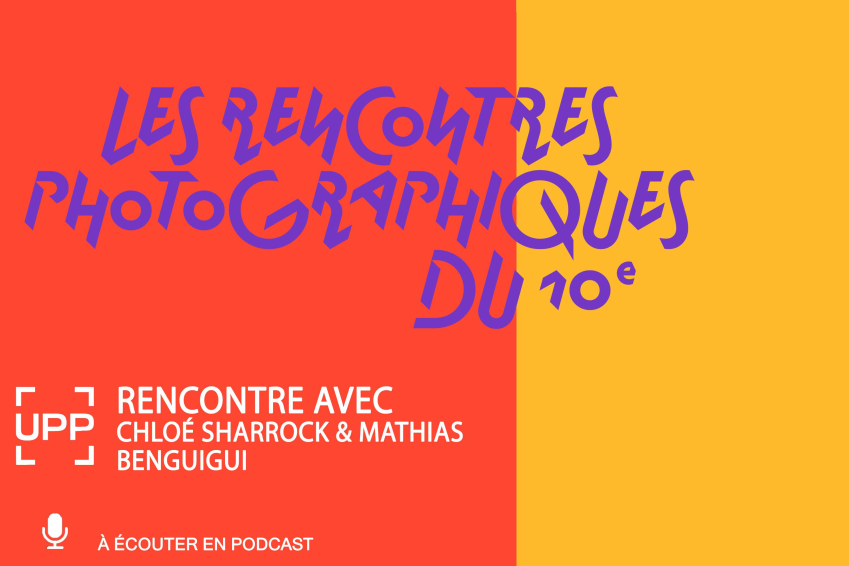
PODCAST Interviews with Chloé Sharrock and Mathias Benguigui
Listen to Chloé Sharrock and Mathias Benguigui: https: //www.youtube.com/watch?v=nl1MKQPx02s
Chloé Sharrock
Let me introduce you:
Chloé was born in 1992. You have a degree in film history from Paris 8 and specialize in aesthetics and documentary filmmaking. In 2017, you decided to devote yourself fully to photography and in particular to journalism.
After a year dedicated to various projects involving Lebanese, Syrian and Palestinian women, you set up the "Al- hawiat" association, to promote the role of women in rebuilding post-conflict societies in the Middle East. Al- hawiat", to promote the role of women in rebuilding post-conflict societies in the Middle East, notably through lecture series. Your work has since been exhibited at Visa pour l'image and the Kawasaki Peace Museum. Your photographs have been published in the international press (Newsweek Japan, Washington Post, Causette, Le Temps, Neue Zurcher Zeitung...). And in 2021, you joined Agency Myop.
And that same year you were nominated for the Leica Oscar Barnack Award and the Visa d'or / category: Daily Press for the series exhibited at this year's Rencontres photographiques du 10 ème.
Can you tell us about your series exhibited at the Rencontres photographiques du 10 éme?
The ashes of Raqqa
Syria, March 2011. The revolutionary wave of the Arab Spring reaches Syria. However, the popular uprising was quickly put down in blood by Bashar Al-Hassad's totalitarian regime. In Raqqa, it wasn't until the spring of 2013 that the feverish protests led the population to rise up and see the statues representing Bashar Al-Hassad toppled. The city was one of the first to be retaken by the opposition, led by the Free Syrian Army.
But very soon, the Al-Nusra jihadist group took over, and then in 2014 came the establishment of the caliphate by the Islamic State group, making Raqqa its capital. It wasn't until 2017 that strikes by the international coalition and Kurdish Forces finally liberated the city. 80% destroyed, Raqqa is now nothing but ashes and ruins. Today, the flag of the Syrian Democratic Forces hangs over Clock Square, previously adorned with the black banner of the Islamic State. But what's really left of Raqqa? Among the city's rubble, life is growing back like a weed between the cracks of too-dry soil. Raqqa, ten years on, is painfully getting back on its feet.
Mathias Benguigui
Your biography :
Born in 1991, you began your career as a photographer in 2009, working with cultural institutions. In 2016, you graduated from "Photojournalism and Documentary" at EMI-CFD in Paris, and your practice took a new turn.
Fascinated by the visual narration of reality, you work for the newspaper Libération as a photo editor. At the same time, you concentrate on the production of long-form personal documentary projects questioning memory, identity and uprootedness.
The project Les chants de l'Asphodèle was created in close collaboration with Agathe Kalfas. An exhibition was presented last summer at the Manuel Rivera Ortiz Foundation as part of the Rencontres de la photographie d'Arles 2021. A book was published in September 2021 by Éditions Le Bec en l'air.
Can you tell us about your work?
In 2015, Lesbos became the focus of the largest population movement in Europe since the Second World War. This is not an unprecedented event for the Greek island, a passageway between East and West that has seen wave after wave of migration since antiquity. Nearly a century after the great catastrophe of 1922, it was the descendants of the 45,000 Greek Orthodox from Asia Minor, deported following the defeat by Turkey, who came to the aid of the modern-day refugees.
From 2016 to 2020, Mathias Benguigui scans the traces left in the landscape and, with Agathe Kalfas, collects real or imaginary stories, putting into perspective the different strata of migration on the island. The exiles of yesterday and today are observed, but the dialogue is broken. Hasn't Lesbos become the mirror image of the Field of Asphodel, that mythological place in the underworld where souls who have committed neither crime nor virtue dwell aimlessly, waiting eternally?
Navigating the boundaries between documentary and fiction, this work invites a different reading of the contemporary issues of Lesbos, an ultra-mediatized territory, by bringing together traces of the past, mythology and the collective memory of migration.


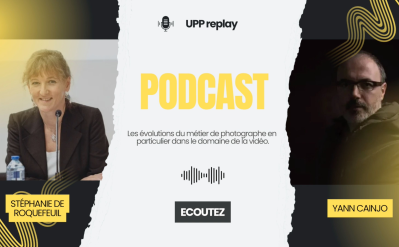
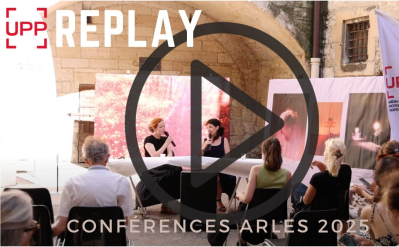
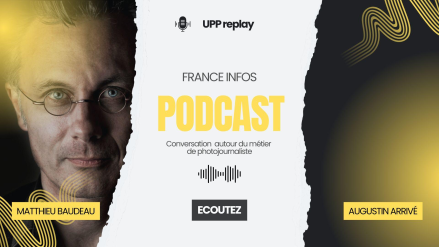
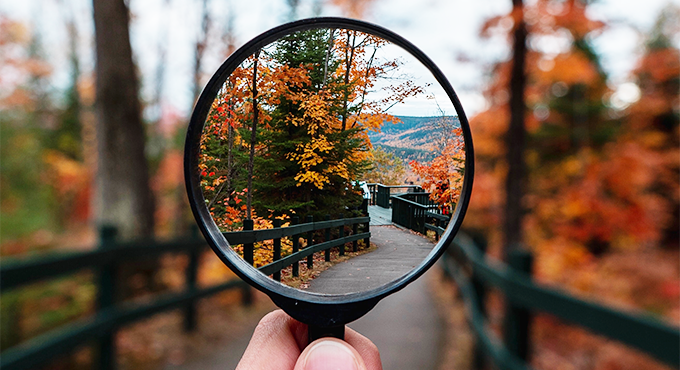

No comment
Log in to post comment. Log in.